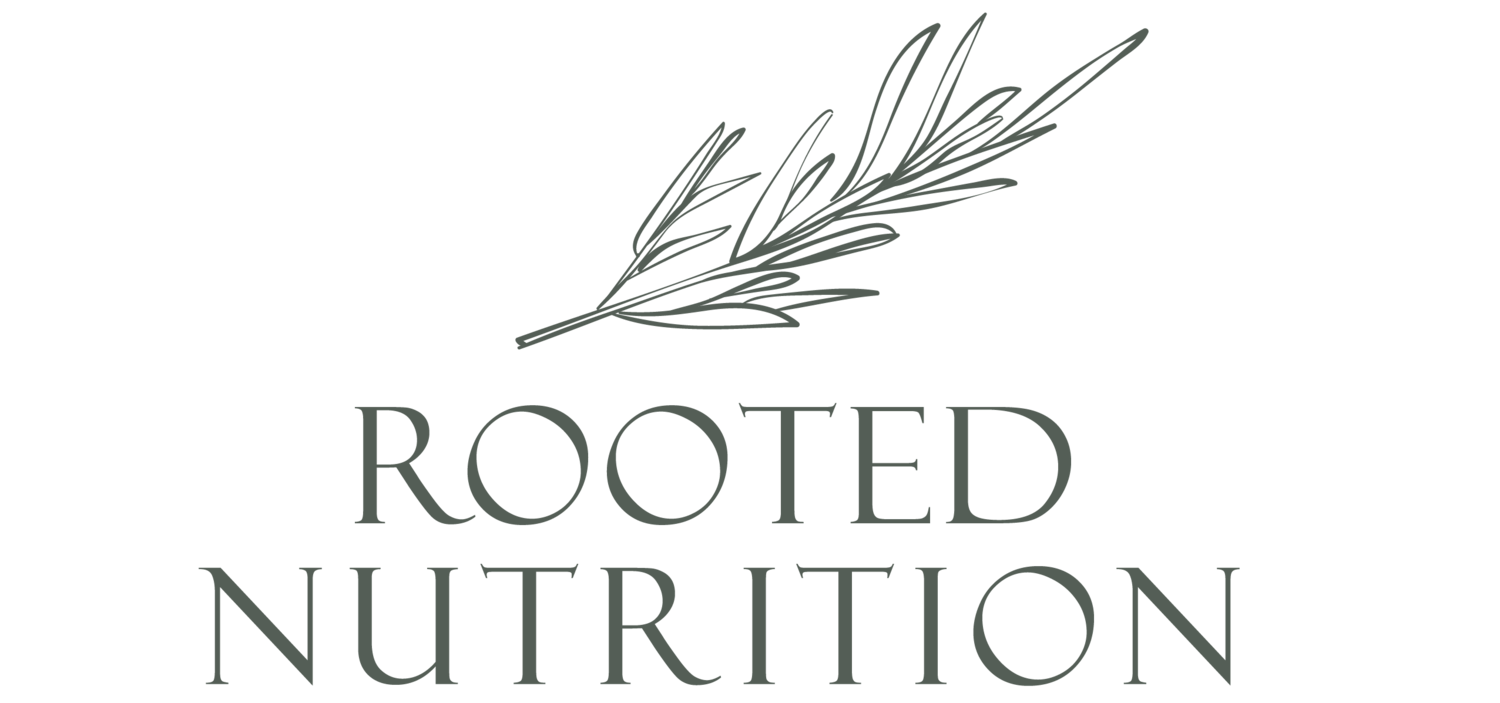Top Tips To Reduce The Risk Of Cardiovascular Disease
Risks of Cardiovascular Disease
High blood pressure
Diabetes and poor blood sugar regulation
Smoking
Poor diet and nutritional deficiencies
Being overweight or obese
Drinking excessive alcohol and caffeine
Being inactive and lack of exercise
Chronic stress
Family history – your risk may increase if close blood relatives experienced early heart disease
Having more than one risk factor means your overall risk of CVD is much higher.
Improve your diet and optimise your nutrient intake: Cut out high-sugar foods, refined carbohydrates (breads, pasta, pastries, biscuits, pies, pizzas, cereals), fried foods, junk food, trans fats (margarine, cooking oils like seedoils and vegetable oil, baked goods), pasteurised dairy products, deli meats (salami, ham, chorizo) and red meat as these foods contribute to poor cardiovascular health.
Eat a diet that is rich in vegetables, fruit, quality protein (lentils, beans, peas, nuts), healthy fats (avocado, nut butters, seeds) and wholegrains (quinoa, millet, buckwheat, wholegrain rice).Stop smoking as it causes irreparable damage to your lungs and blood vessels. The toxic chemicals in cigarettes can thicken your blood, increasing the formation of plaques and clots in your veins and arteries which could lead to blockages. Cigarettes also contain carbon monoxide which reduces oxygen availability in the body.
Avoid alcohol and caffeine. Aside from causing acidity and inflammation in the body, both of these substances increase your heart rate and blood pressure.
Manage your stress by making time for relaxation and self-care. When you get stressed, your body releases the hormones cortisol and adrenaline. Both of these stress hormones are involved in heart rate and blood pressureregulation. Chronic stress increases your risk of high blood pressure, strokes and heart attacks. Alternative nose breathing has been shown to support us switch from a sympathetic nervous system response (fight or flight) to a parasympathetic nervous system response (rest and digest).
Exercise daily as it’s essential for cardiovascular health. Doing a combination of cardio training (walking, running, swimming, aerobic-style fitness) and weight-bearing exercises helps strengthen your muscles, including your heart muscle. It also improves circulation and your heart’s ability to pump blood and move oxygen into your cells more efficiently. Exercise also helps with blood sugar regulation, weight management and reducing stress levels. Listen to exercise myths podcast.
Replace table salt with rock salt, natural sea salt or a plant salt. Table salt is toxic to the body and it causes blood pressure to rise and can increase the risk of cardiovascular disease, especially heart attacks and strokes.
Increase your antioxidant levels through diet and supplementation. Antioxidants such as vitamins C, E and A, CoQ10, beta-carotene and bioflavonoids protect your blood vessels from the damage caused by plaques (fatty deposits). Fruit and vegetables contain an abundance of antioxidants.
Keep your weight in check and lose weight if obesity is an issue. Obesity can cause your blood pressure to rise, plaques to form in your arteries and increase your risk of heart disease.
Stay hydrated by drinking sufficient fluids including filtered water and herbal teas. When your body is dehydrated, your blood volume decreases which means your heart has to beat faster to keep blood circulating. As a result, both your heart rate and blood pressure also rise.
Add herbs and spices to your food to improve circulation and support heart health including cayenne, ginger, garlic, turmeric, cinnamon and coriander. These aromatics can help reduce inflammation, prevent blood clots, promote blood flow and maintain blood pressure in the body.
For presonalised cardiovascular support or a cardiovascular health meal plan then book in for a free 15 minute call to discuss your symptoms and how I can help.

